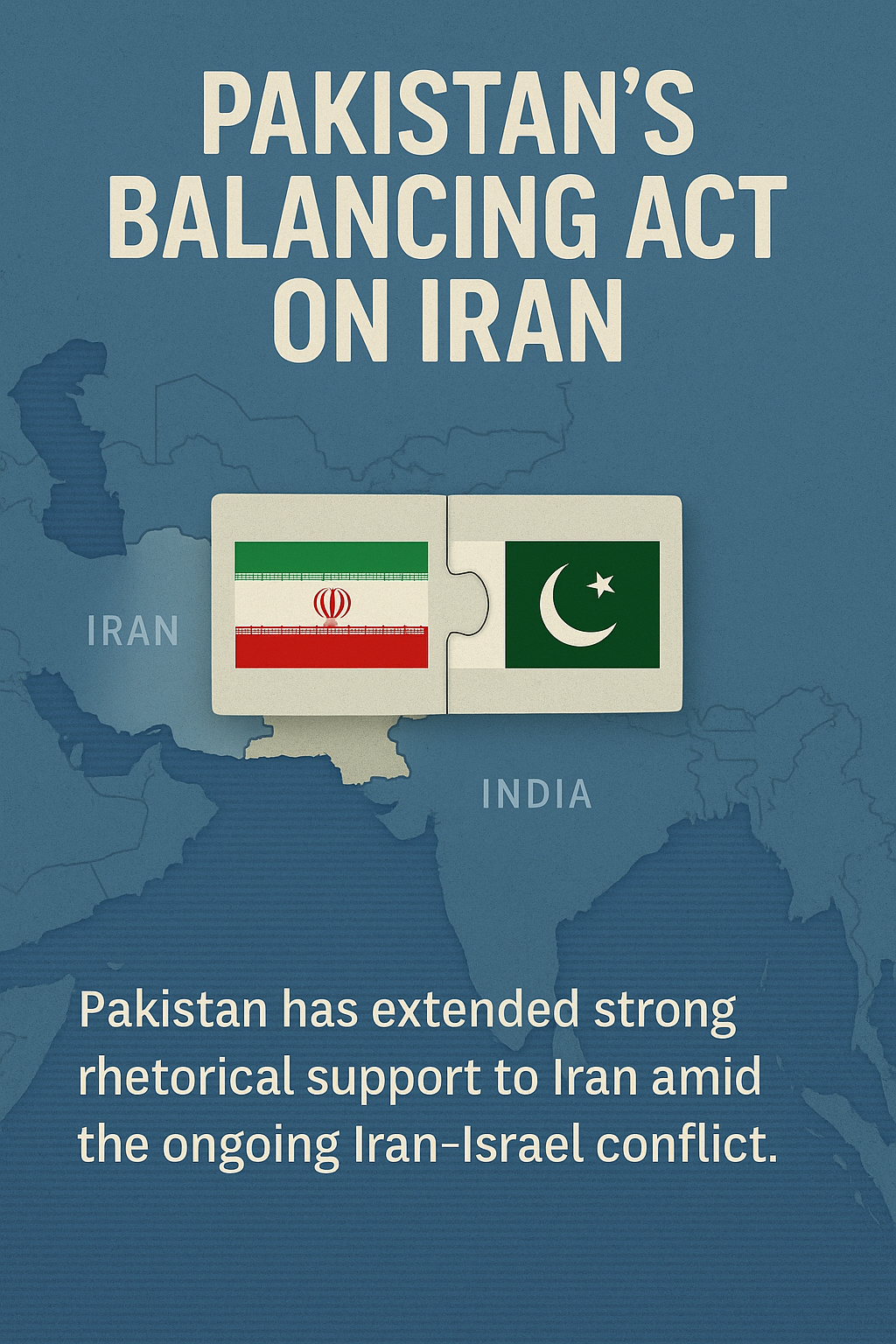067.
Law & Governance
The Waqf Amendment Bill 2024 Sparks Parliamentary Debate
The Waqf Amendment Bill, introduced in 2024, has triggered fierce debates in the Indian Parliament. Aimed at reforming the management of Waqf properties, the bill was referred to a Joint Parliamentary Committee (JPC), whose review process and proposed amendments have generated significant political and public scrutiny.
🏛 Background of the Bill
- Introduced by: Union Minority Affairs Minister Kiren Rijiju.
- Objective: Amend the Waqf Act of 1995 to improve oversight and resolve long-standing disputes involving Waqf properties.
- Referred to JPC: On August 8, 2024, for comprehensive review and feedback from stakeholders.
✍️ Proposed Amendments & Core Controversies
- The JPC received 572 proposed amendments.
- Ruling party amendments dominated, reflecting its numerical strength in the committee.
- A key debate surrounds the retention of “Waqf by User”:
- This principle recognises properties used for religious purposes as Waqf.
- However, disputed properties or those owned by government entities are excluded.
🛑 Opposition’s Objections
- Allegations of exclusion: Opposition MPs claimed their suggestions were ignored and they were not allowed to participate meaningfully in discussions.
- Concerns raised:
- Attempts to restore the original 1995 Act’s framework were blocked.
- Inclusion of non-Muslims in Waqf Boards was strongly contested, citing minority rights violations.
✅ Key Accepted Amendments
- Allows for two non-Muslim members on Waqf Boards:
- Critics argue this could expand the non-Muslim presence beyond intended limits.
- Mandates compulsory registration of all Waqf properties:
- Property details must be digitised and published online within six months of the bill’s enactment.
- Aimed at enhancing transparency and public access.
📬 Stakeholder Consultations & Committee Response
- The JPC engaged with Waqf Boards, state governments, and civil society organisations.
- Received over 92 lakh stakeholder emails.
- Despite this, opposition parties allege the Chairperson managed the process unilaterally, bypassing many critical concerns.
⚖️ Broader Implications
The bill has rekindled debates on religious autonomy, property rights, and the role of government in managing minority institutions. As the Waqf Amendment Bill 2024 progresses, its final form will likely have a significant impact on religious trust governance and communal harmony.















